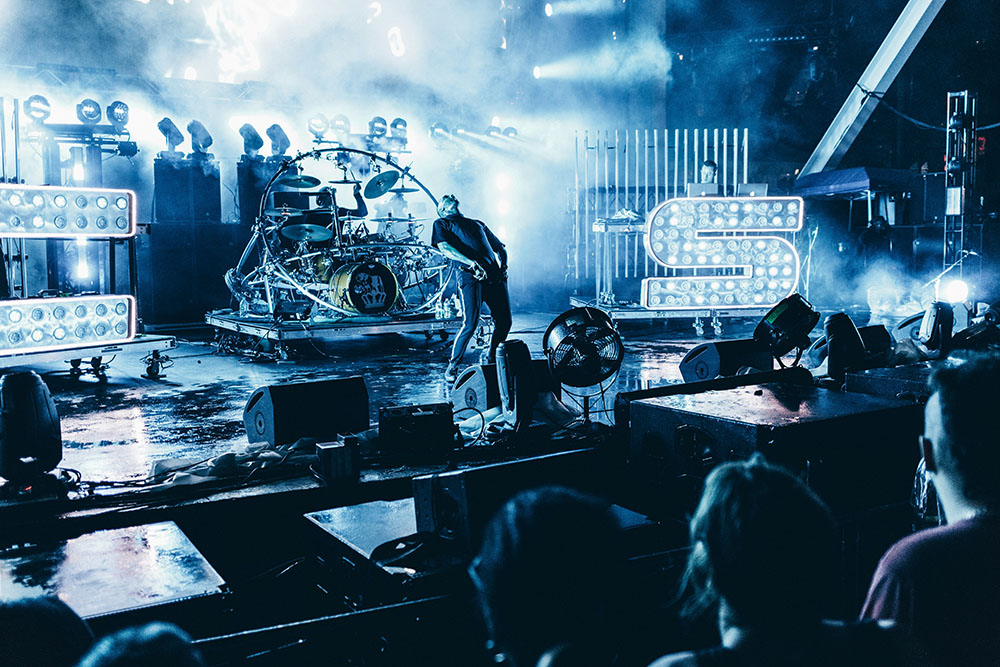KTH Shares in €11.7 Million for Deep Tech

The European Innovation Council (EIC) Pathfinder programme has awarded funding to several research projects, including four involving the KTH Royal Institute of Technology, with topics ranging from fusion energy to advanced biotechnology.
In late July, it was announced that four deep tech research projects involving KTH will receive a total of €11.7 million, equivalent to approximately 133 million Swedish crowns.
“It’s an extremely competitive programme, and it’s a significant achievement that KTH has been granted four projects. We are the coordinator for three of them and a participant in one,” Maria Gustafson, head of the Research Support Office at KTH, says.
Deep tech refers to organisations — often startups — working with research-intensive and disruptive technologies in their early stages. Examples include new forms of semiconductors, artificial intelligence, and, notably, fusion energy. The term can also be defined by what it is not, such as consumer-focused hardware and software, like various apps.
The first research project to receive funding is TauEB, with KTH researcher Per Brunsell as the lead. This project involves an interdisciplinary consortium aiming to combine the deep expertise of KTH and other participants in nuclear fusion to achieve breakthroughs in the field. Fusion energy could provide humanity with unlimited access to clean, safe, and sustainable energy.
The second research project is VOLUMINEX, led by KTH researcher Ian Hoffecker. KTH and the other participants will explore 3D biological imaging and sequence-based microscopy. The goal is to surpass current methods for molecular imaging and spatial transcriptomics, which are limited in capacity and cost-effectiveness.
The third project, named 1MICRON, is led by KTH researcher Mats Danielsson. The project aims to bridge the gap in image quality between today’s digital X-ray detectors and histopathology. The involved parties plan to develop a new high-resolution sensor that will make phase-contrast imaging more practical and effective, enhancing contrast in medical imaging. Current analyses take weeks, and when cancer cells are found at the margins or in sentinel lymph nodes, patients are recalled for corrective surgery, delaying treatment and reducing survival chances.
The fourth project’s challenge is to create the foundation for a paradigm shift in how music is performed and experienced. KTH researcher Carlo Fischione leads the consortium's efforts to gain a deep understanding of the emerging needs and challenges faced by contemporary musicians and audiences through collaborative design activities and neurophysiological measurements. The goal is to achieve a technological breakthrough by developing radically new concert platforms.
The research work will begin no earlier than November 2024. KTH is the coordinator for the first three projects mentioned above.
Text: Peter Asplund
